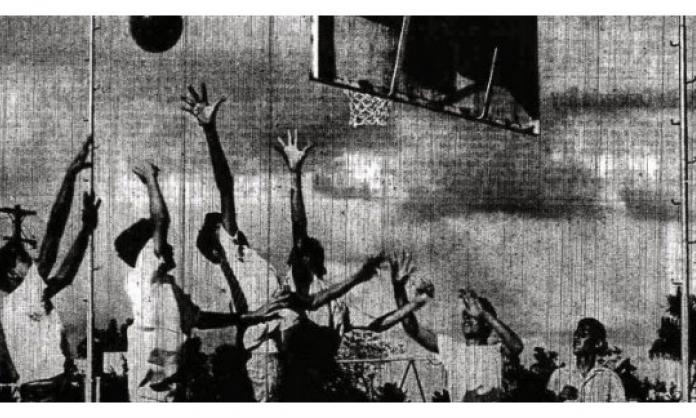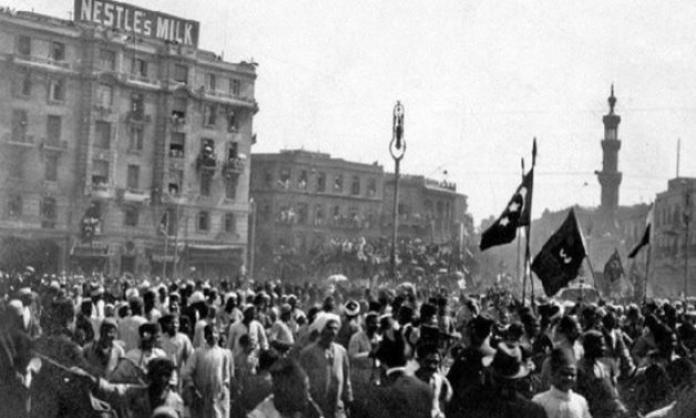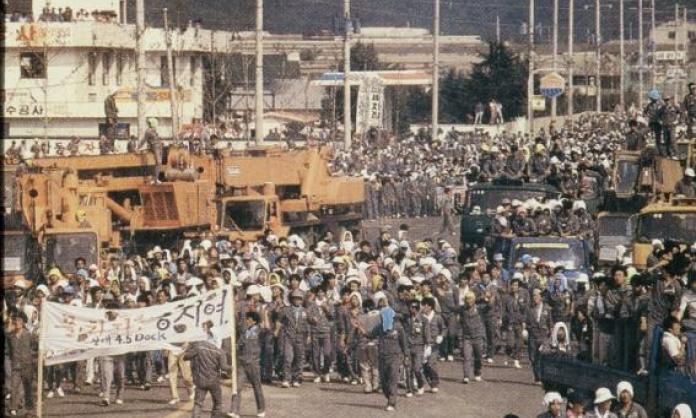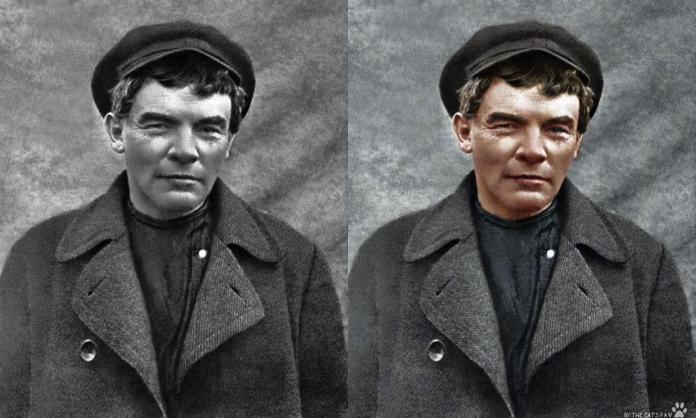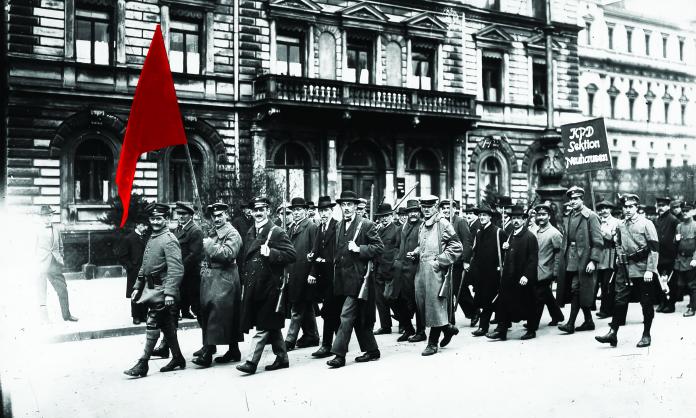Sport is a firmly established part of the mass culture of modern capitalism. The Australian Bureau of Statistics estimates that, of people aged 15 years and over, about 30 percent had participated in organised sport in the last 12 months.
Were those who regularly engage with sport as supporters to be included, the figures would be much higher. About 3.7 million people watched the 2014 AFL grand final between Hawthorn and Sydney. The second most popular television program that year, the finale of “My Kitchen Rules”, came in more than a million viewers behind, and only just ahead of the Rugby League State of Origin.
In Australian workplaces, the results of the last weekend’s games in the AFL, rugby league, cricket or, increasingly, soccer are as likely to be a topic of conversation as just about anything else. The dramas that play out on the field are often discussed with a passion that far surpasses that provoked by other issues.
Sport may appear apolitical. But, at its broadest, politics encompasses questions of how we see ourselves and the world we live in. The sheer scale of the debate provoked by crowd booing of Adam Goodes is evidence enough. This stuff matters. Goodes’ refusal to play the part of the grateful Aborigine, his preparedness to call out racism when he sees it, his war dance and so on – all this refuted the idea that Australia’s history of racism and genocide can be swept under the carpet in name of “getting on with the game”.
There are countless other examples from the history of sport that illustrate the point. The famous “black power” salute by American athletes Tommie Smith and John Carlos during the medal ceremony for the 200 metre sprint at the 1968 Olympic Games in Mexico City for instance. Or boxing great Muhammad Ali’s stance against the war in Vietnam, which he famously linked to racism towards black Americans at home: “They [the Viet Cong] never called me nigger”.
Perhaps no one has better traced the intersection of sport and politics than the Trinidadian Marxist CLR James, who as well as being among the most prolific historians, journalists and social theorists of the 20th century, was also perhaps history’s most erudite cricket tragic. In his book Beyond a Boundary, a semi-autobiographical journey through West Indian and world cricket in the first half of last century, James powerfully articulates the role it played in the emerging national consciousness of his people.
Of the batting exploits of Wilton St Hill, for example, James wrote that “to the tens of thousands of coloured Trinidadians … it was a demonstration that atoned for a pervading humiliation, and nourished pride and hope”. For James, there was no clear division between the action on the field, and the social and political battles outside. The knowledge that they could beat the British at their own game fed into the consciousness, confidence and militancy of the independence struggle.
The business and political elite are well aware of the political potency of popular sport, but they want to keep it for themselves. They want sport as a vehicle for the kind of politics that fits the interests of capitalism.
They want it to promote nationalism and militarism. Think, for example, of the way in which sports like AFL and rugby league have been drawn into the militarist pomp and ceremony of ANZAC day. They want it to promote the kind of dog-eat-dog mentality that prevails on the capitalist market, where the winner takes all and bodies are trained and disciplined (and sometimes drugged) to the point of breakdown in pursuit of “performance excellence”.
They want sport as big business – where the players, the clubs and the spectacle of competition are all just so many commodities to be sold to the highest bidder. And they want consumers – who as well as buying tickets, merchandise and so on, can also be offered for sale to advertisers and corporate sponsors and media companies.
That’s why, to take just one example, the managers and administrators of the soccer A-League have been so keen to crack-down on the “ultra” supporters of clubs like Melbourne Victory and Western Sydney Wanderers. Never mind that they help create an electrifying, festival-like atmosphere in the stands – it just doesn’t fit with the sleek, corporate friendly package they wish to present to the media and advertisers.
It’s inevitable that sport under capitalism will, for the most part, be dominated by the politics of big business. But it will never go entirely their way. Capitalism is torn by social conflict, with the interests of workers and the poor pitted against those of the rich. That conflict is played out in all spheres of life. Sport is no exception.




